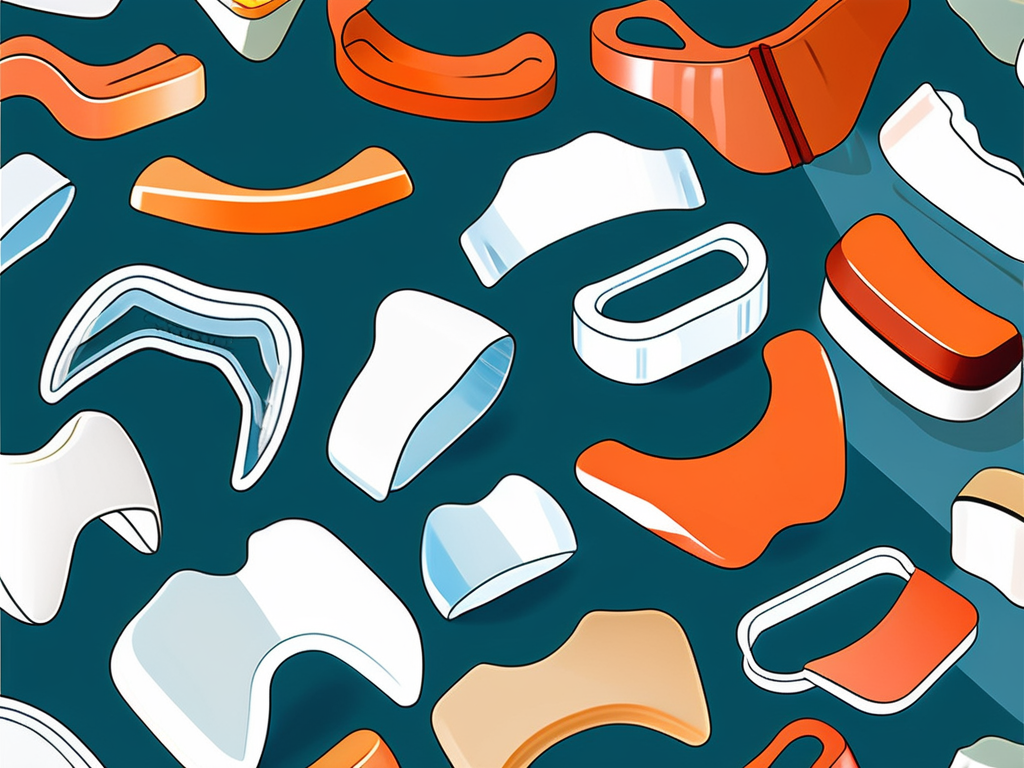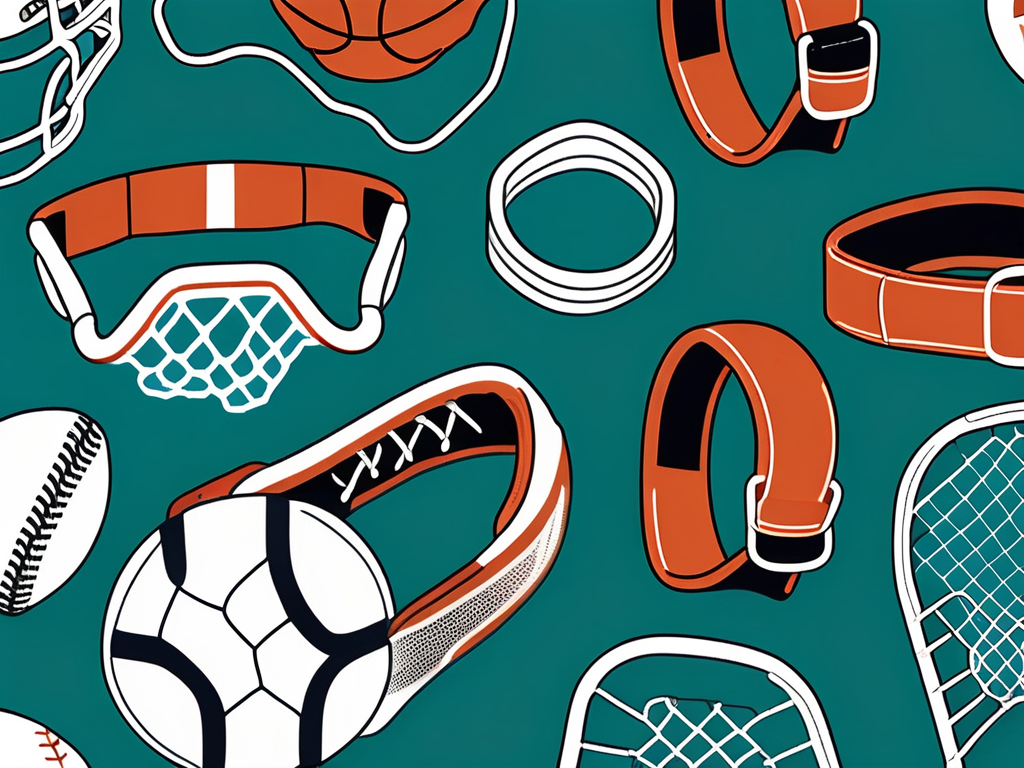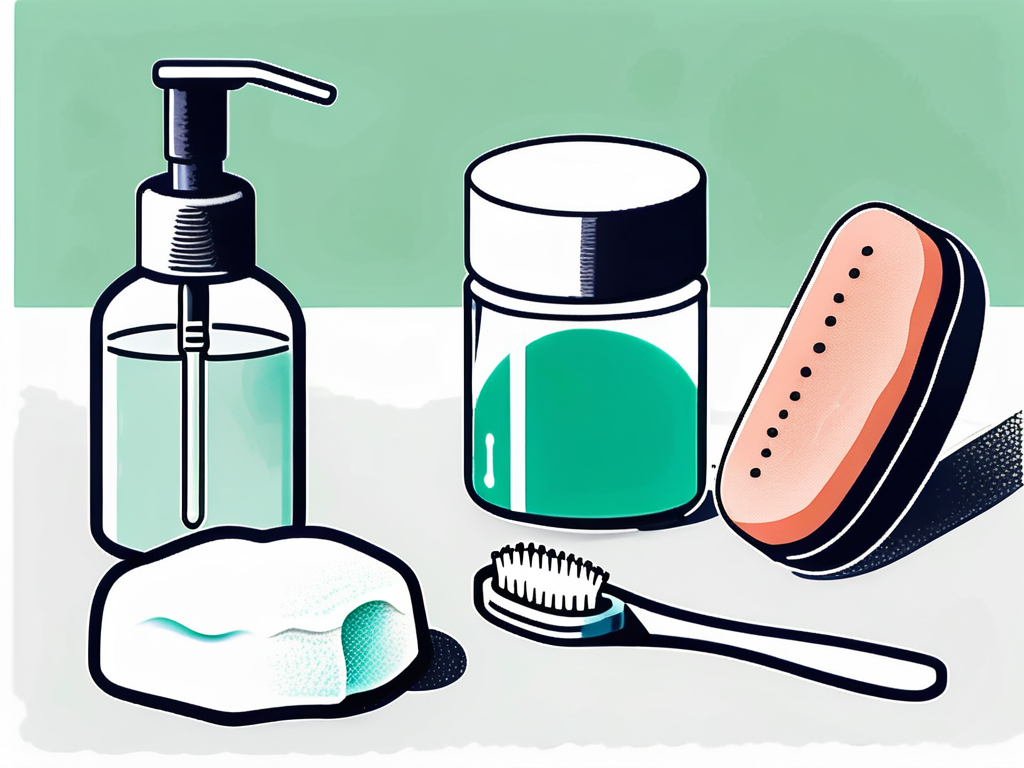In the fast-paced and physically demanding world of contact sports, ensuring player safety is of utmost importance. One essential piece of protective gear that should never be overlooked is the mouth guard. Designed to absorb and distribute the forces exerted during impact, a mouth guard can help prevent injuries to the teeth, lips, and jaw, as well as reduce the risk of concussions. In this article, we will explore the different types of mouth guards available and discuss the important factors to consider when choosing the best one for your needs.
Understanding the Importance of Mouth Guards in Contact Sports
Contact sports, such as football, hockey, and martial arts, expose athletes to a higher risk of dental and orofacial injuries. A mouth guard acts as a cushion, absorbing the impact and spreading the forces across a larger area, thereby reducing the likelihood of damage. It not only protects the teeth but also helps stabilize the jaw and minimizes the risk of lip lacerations or tongue injuries. By understanding the crucial role of mouth guards in player safety, athletes can make more informed decisions about their protective gear.
The Role of Mouth Guards in Player Safety
Mouth guards act as a buffer between the upper and lower teeth, absorbing the shock of a blow and limiting the potential for tooth fractures or displacements. Additionally, a properly fitted mouth guard can help prevent damage to the soft tissues in the mouth, such as the lips, cheeks, and tongue. It can also provide some protection against concussions by absorbing and dispersing the impact energy.
Health Risks of Not Using Mouth Guards
The decision to not wear a mouth guard can have serious consequences. In contact sports, a single moment of impact without a mouth guard can result in broken teeth, jaw fractures, and severe soft tissue injuries. Furthermore, studies have shown that athletes who do not wear mouth guards are at a higher risk of suffering from concussions. By neglecting this essential piece of protective gear, athletes are unnecessarily exposing themselves to potentially long-lasting injuries.
It is important to note that mouth guards are not only beneficial for contact sports but also for non-contact sports that involve the risk of falls or collisions. For instance, in sports like basketball or soccer, where accidental contact can occur, wearing a mouth guard can provide an added layer of protection for the teeth and mouth.
When it comes to choosing a mouth guard, athletes have several options. Stock mouth guards, which are pre-formed and ready to wear, are the most affordable but offer the least amount of protection and comfort. Boil-and-bite mouth guards, on the other hand, can be customized to fit an individual's mouth by softening the material in hot water and then biting down on it. This type of mouth guard provides a better fit and improved protection. Lastly, custom-made mouth guards, which are created by dental professionals, offer the highest level of comfort, protection, and fit. While they may be more expensive, they are often considered the gold standard for mouth guard options.
Regular maintenance and care of mouth guards are also essential to ensure their effectiveness. Athletes should clean their mouth guards thoroughly after each use and store them in a well-ventilated container to prevent the growth of bacteria. Additionally, mouth guards should be inspected regularly for signs of wear and tear and replaced as needed to maintain their protective qualities.
Different Types of Mouth Guards
When it comes to protecting your teeth during physical activity, there are three main types of mouth guards available: stock mouth protectors, boil and bite mouth protectors, and custom-fitted mouth protectors. Each type has its own unique features and considerations, allowing you to choose the one that best suits your needs.

Stock Mouth Protectors
Stock mouth protectors are the most basic and readily available option. They come pre-formed and ready to wear, making them convenient for those who need immediate protection. However, it's important to note that stock mouth protectors offer limited adjustability, which can affect both comfort and breathing. Additionally, their bulkiness may make it difficult to speak clearly, which can be a disadvantage during team sports where communication is key.
Boil and Bite Mouth Protectors
For a more customized fit, boil and bite mouth protectors are a popular choice. Made of thermoplastic material, these mouth guards can be softened by boiling and then shaped by biting down. This process allows for a better fit compared to stock mouth protectors. However, it's worth mentioning that the protection and durability of boil and bite mouth protectors may still be limited compared to custom-fitted options. Therefore, they are more suitable for recreational activities rather than high-impact sports.
Custom-fitted Mouth Protectors
When it comes to optimal comfort and protection, custom-fitted mouth protectors are the gold standard. These mouth guards are fabricated by dental professionals using an impression of the athlete's teeth, ensuring a precise fit. The custom-fit not only provides superior protection but also allows for ease of breathing and speech, making them the preferred choice for many professional athletes. Although custom-fitted mouth guards are more expensive than other types, their benefits in terms of comfort and protection make them a worthwhile investment for those who prioritize their oral health.
It's important to note that regardless of the type of mouth guard you choose, regular maintenance and replacement are necessary to ensure its effectiveness. Mouth guards should be cleaned thoroughly after each use and inspected for signs of wear and tear. Remember, protecting your teeth is essential for maintaining a healthy smile, so don't overlook the importance of a reliable mouth guard!
Factors to Consider When Choosing a Mouth Guard
Selecting the best mouth guard for contact sports involves considering various factors that affect both performance and comfort.

When it comes to protecting your teeth during sports activities, the comfort and fit of a mouth guard are paramount. A well-fitted mouth guard should not only stay securely in place but also allow for easy breathing and clear speech. Custom-fitted mouth guards, typically made by a dentist, offer the highest level of comfort and protection. However, boil and bite options can also provide a decent fit when molded correctly to the shape of your mouth.
Comfort and Fit
A mouth guard should fit securely and comfortably in the mouth, without restricting breathing or hindering speech. Custom-fitted mouth guards provide the best fit, but boil and bite options can also offer a satisfactory fit with proper adjustments.
Additionally, the thickness of the mouth guard can impact comfort. Thicker mouth guards may offer more protection but can feel bulky and cumbersome, while thinner ones may be less noticeable but provide less cushioning against impacts.
Material Quality and Durability
The material used in the mouth guard determines its durability and protective properties. Look for high-quality materials that are impact-resistant and can withstand repetitive use without deteriorating or losing their shape.
Silicone, ethylene vinyl acetate (EVA), and polyurethane are common materials used in mouth guards. Silicone mouth guards are known for their flexibility and comfort, while EVA mouth guards are durable and provide excellent shock absorption. Polyurethane mouth guards are rigid and offer superior protection against heavy impacts.
Level of Protection Offered
The intended level of protection required for your sport should guide your choice of mouth guard. Higher-impact sports may demand more robust mouth guards with additional features, such as shock absorption and enhanced coverage.
For sports like football or boxing that involve high-velocity impacts, consider mouth guards with integrated lip protectors or extra layers of cushioning to safeguard against potential injuries to the lips, cheeks, and jaw. On the other hand, sports like basketball or soccer may require lighter mouth guards that still provide adequate protection without impeding breathing or communication on the field.
Maintenance and Care for Your Mouth Guard
To ensure the longevity and effectiveness of your mouth guard, proper maintenance and care are essential.

When it comes to protecting your teeth and jaws during sports or nighttime teeth grinding, a mouth guard is a crucial piece of equipment. However, simply owning a mouth guard is not enough; regular maintenance is key to its performance and durability.
Cleaning Your Mouth Guard
After use, rinse your mouth guard with cold water to remove any debris or saliva. Brush it gently with a soft toothbrush and mild soap or toothpaste. Avoid using hot water or harsh cleaners, as they can damage the material.
Additionally, consider using a specialized mouth guard cleaner or soaking it in a mixture of water and vinegar to ensure thorough disinfection. This extra step can help eliminate bacteria and odors, keeping your mouth guard fresh and hygienic.
Proper Storage for Mouth Guards
Keep your mouth guard in a clean storage case when not in use. Avoid exposing it to extreme temperatures or direct sunlight, which can cause deformation or degradation of the material.
Furthermore, storing your mouth guard in a case with ventilation holes can prevent the growth of mold and mildew. Make sure to air-dry your mouth guard completely before storing it to avoid trapping moisture, which can lead to bacterial growth.
When to Replace Your Mouth Guard
With regular use, mouth guards will eventually wear out and lose their protective properties. Replace your mouth guard if it becomes distorted, torn, or shows signs of wear and tear. Dental professionals recommend replacing your mouth guard at least once a year or as recommended by the manufacturer.
Remember, a damaged or ill-fitting mouth guard not only compromises its protective abilities but can also cause discomfort and irritation to the mouth and gums. Investing in a new mouth guard when needed is a small price to pay for ensuring your oral health and safety.
By understanding the importance of mouth guards and considering factors such as comfort, fit, and level of protection, athletes can make an informed decision when selecting their mouth guard. Regular maintenance and care will ensure the longevity and effectiveness of the mouth guard, keeping athletes safe and protected during the intense moments of contact sports.













